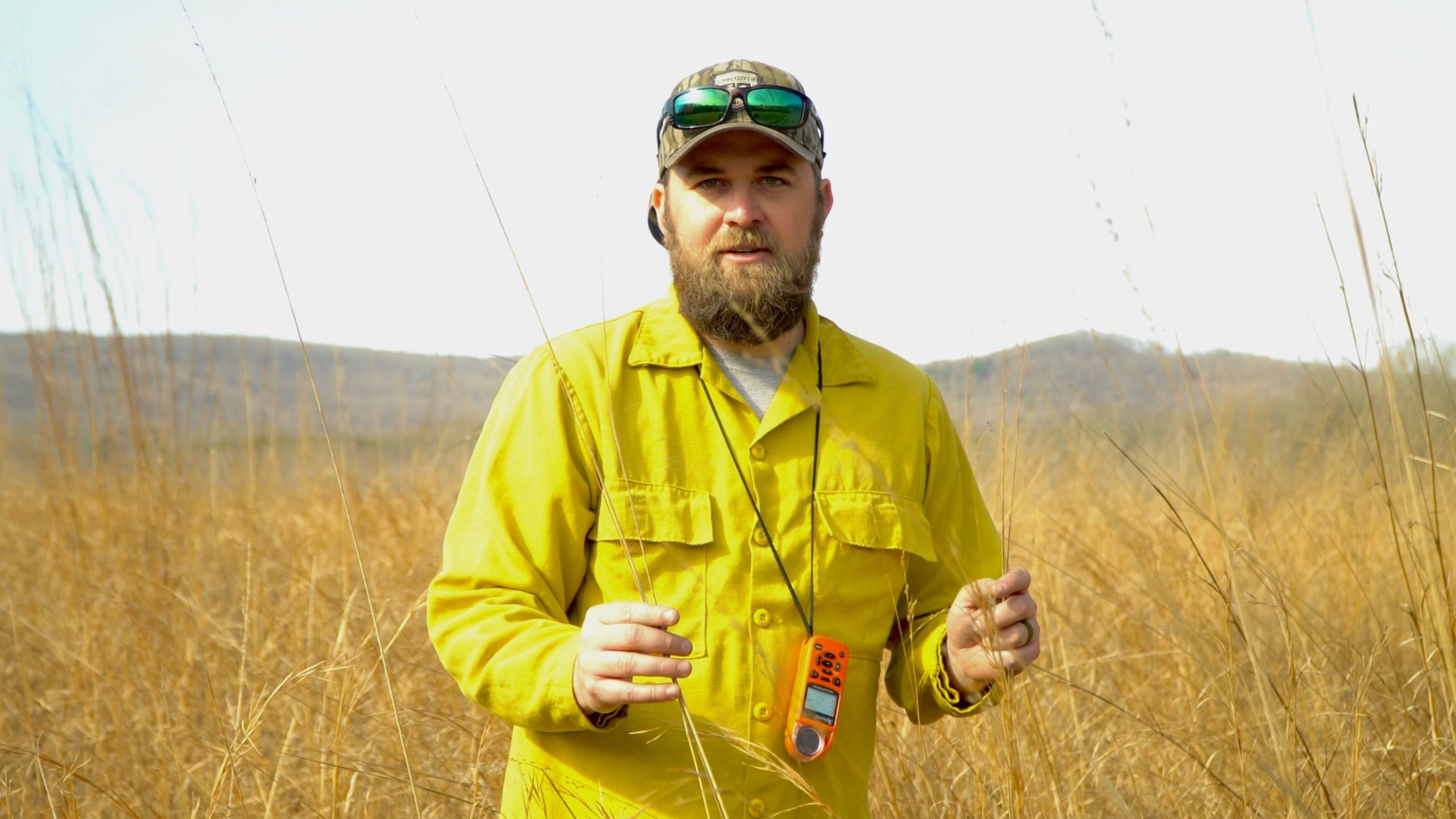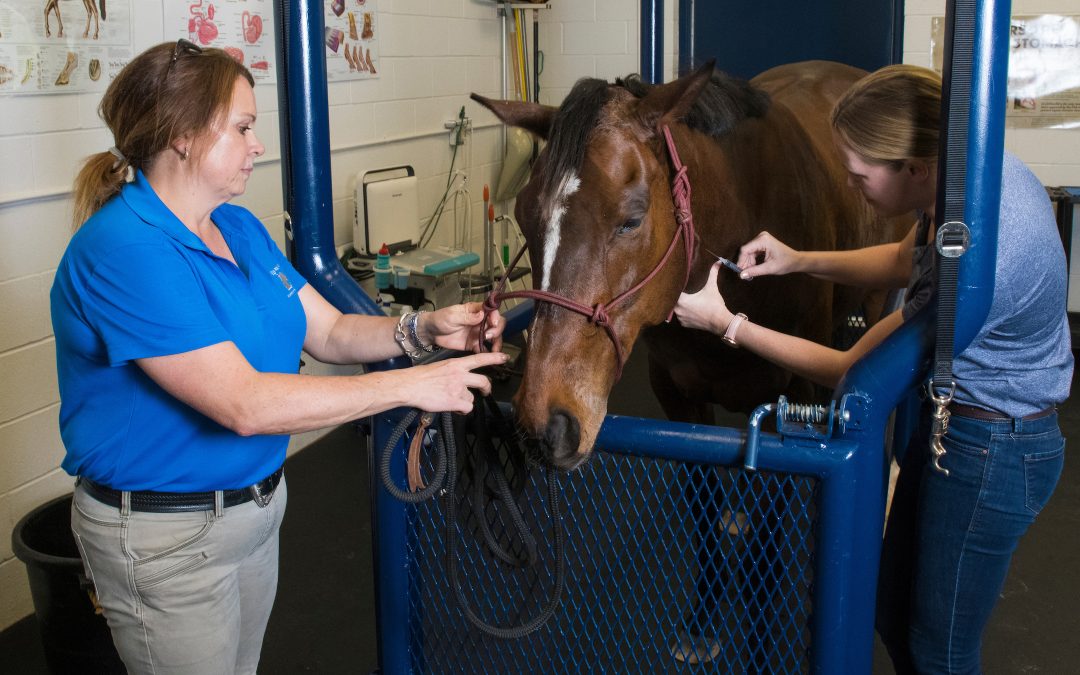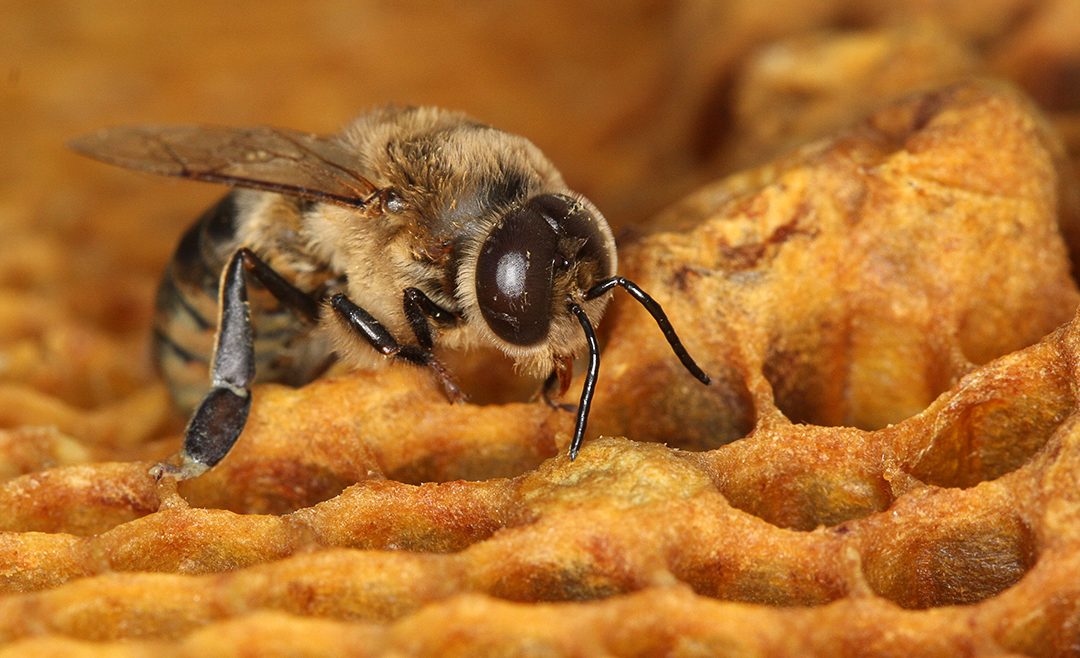The Auburn University College of Agriculture hosted guest speaker and well-known forester Kyle Lybarger on Thursday, April 13.
Lybarger is a prominent social media figure and a cofounder of the Native Habitat Project. He and his team aim to promote the restoration of Alabama’s native plant wildlife and grassland conservation.
Lybarger’s presentation was titled “Conservation of Southeastern Grasslands.”
This presentation was originally to expand Assistant Professor Ryan Thomson’s environment, society, and justice students’ interest beyond the classroom, but was later opened to students and faculty interested in the topic.
The forester spoke about his time as a student at Alabama A&M and his career development in forestry. He explained that his real education began in the field and that a significant amount of the practices seen on his social media platforms were self-taught.
His growing social media platform provides a more accessible way to spread awareness of practical conservation efforts. When speaking about how his social media following grew, Lybarger said it can be traced back to sharing labeled plant photos on Facebook. These efforts gained a sizable response and slowly transformed into the platform he has today.
Lybarger began trying to save native plant populations by managing for free. Over time he began to manage more efficiently. Through his exploration of Alabama identifying native plant wildlife — often from just wandering — his findings have helped restore a number of the state’s decreasing grasslands.
“It is a process to figure out how to manage these places,” he said.
Alabama was once grassland and is considered one of the most at risk states. “Grassland is the most threatened ecosystem,” Lybarger explained. He said that prairie numbers are rapidly decreasing, and it is drawing little attention.
During the pandemic, Lybarger grew 4,000 to 5,000 plants ranging over 75 species. He sold these to local gardeners, teaching them the importance of native plants. Understanding that education was one of the best strategies to combat the issues and promote grassland expansion.
Lybarger advocated for teaching landowners the common names of these native plants instead of scientific names to create a connection with the common people. He went on to explain that educating property owners about the plant life in their area has led to greater appreciation of the native species.
He was adamant about spreading native habitat awareness and the restoration of dwindling prairie. Lybarger explained that half of Alabama was once grassland and the closed canopy areas we see today are not native.
“It is important to stand up for what these places used to be,” Lybarger said.





